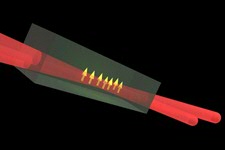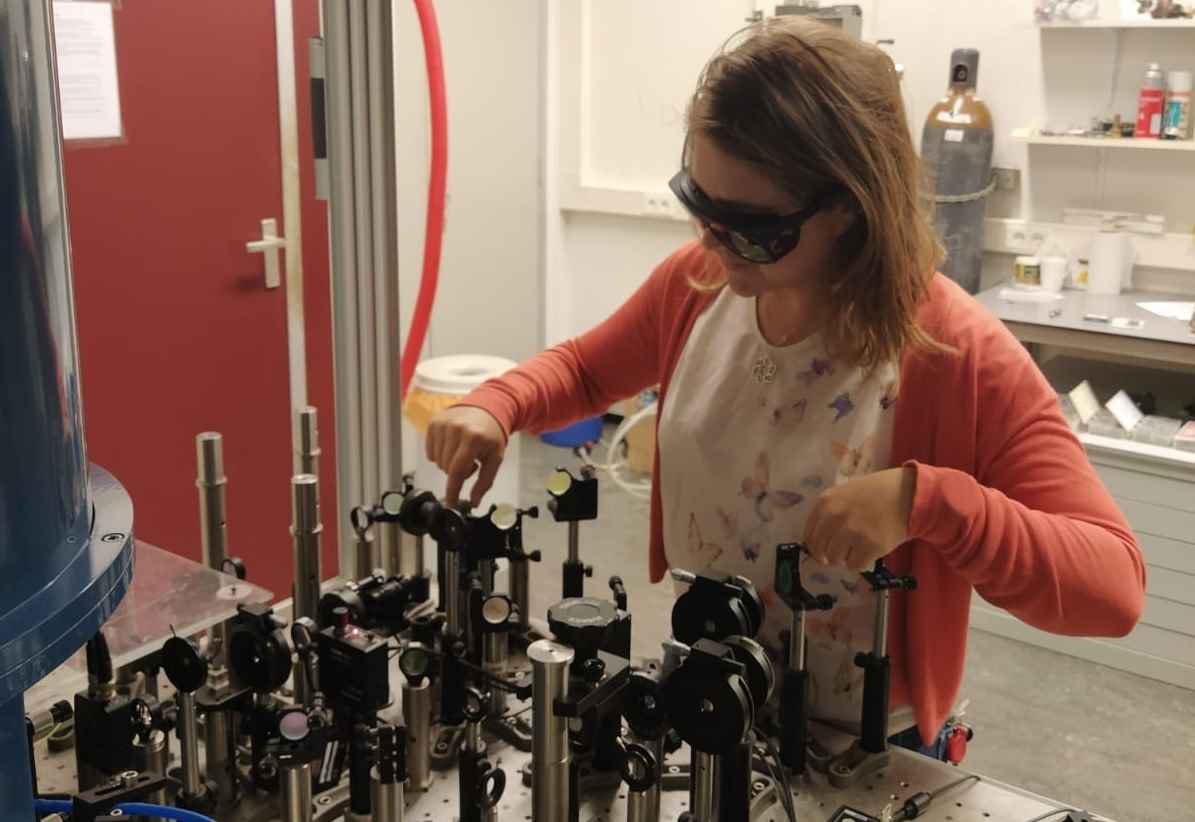Professor Caspar van der Wal receives grant within National Growth Fund program Quantum Technology
Professor Caspar van der Wal of the Zernike Institute receives a grant within the National Growth Fund program Quantum Technology, which the Dutch Research Council (NWO) has organized in collaboration with Quantum Delta NL. Van der Wal receives the grant for his project 'Telecom quantum marriage with metal atoms in semiconductors'. The grant comprises an amount of EUR 350,000.
Quantum technology is a key technology that can provide answers to many unsolved societal challenges.

Metal atoms in semiconductors go quantum-telecom
Quantum technology can make the internet more secure and provide better sensors. Much is still unknown about which materials are most suited for building such technology. The project of Van der Wal builds on the recent discovery that adding individual metal atoms to a widely-used semiconductor material can improve quantum technology. The improvement is that the colour of light that runs in the fibre-optics of the internet can directly control a quantum memory or quantum sensor. Van der Wal aims to better understand which metal atoms are most suitable for this, and how they can be controlled inside a semiconductor device.
Quantum Delta NL
In 2019, Quantum Delta NL has been established to implement the National Agenda Quantum Technology. In 2021, Quantum Delta NL proposal received full honours from the National Growth Fund. The Dutch central government is putting EUR 615 million into this pioneering technology. Of this, within the Quantum Technology programme, a total of EUR 42 million has been set aside for scientific research and innovation, over a duration of seven years.

More news
-
29 January 2026
Microplastic research - media hype or real danger?
-
27 January 2026
ERC Proof of Concept grant for Maria Loi
